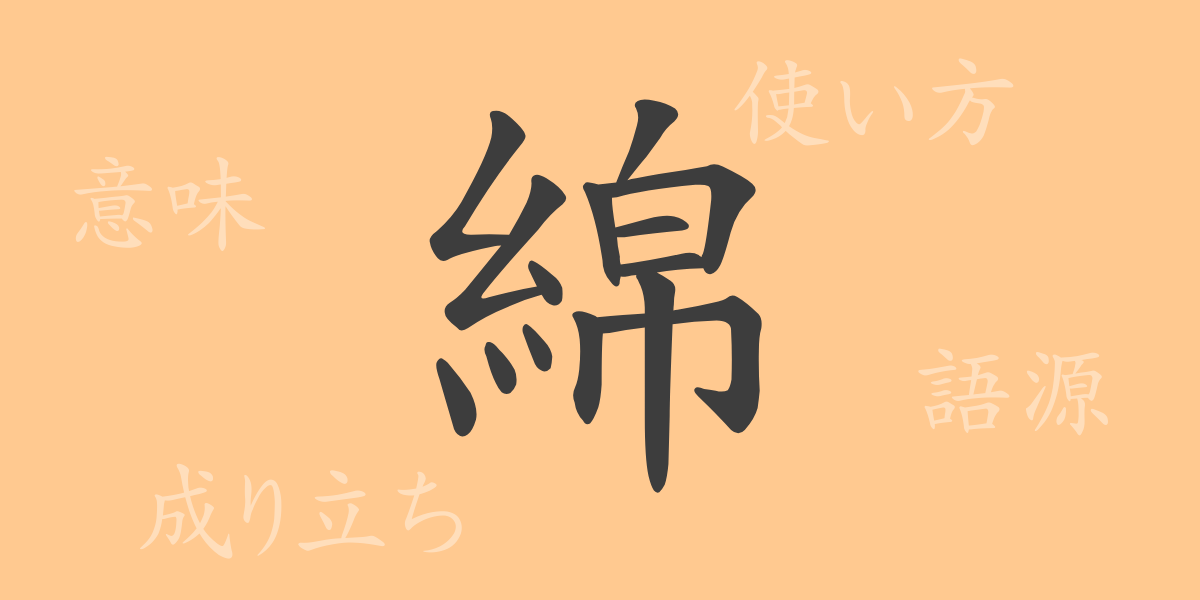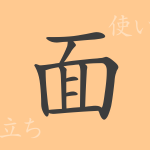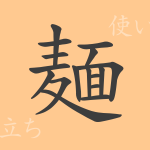Cotton (めん, men) is a material deeply rooted in our lives, known for its soft texture and insulating properties, and has been used in clothing and daily necessities since ancient times. However, what is the history behind this familiar cotton, and what significance does it hold? In this article, we delve into the multifaceted charm of cotton, from its origins and meanings to its uses, as well as idioms and expressions that incorporate cotton.
Origins (語源, gogen) of Cotton
To explore the origins of cotton, it is essential to focus on its etymology. The character for cotton (綿, men) is derived from the ancient Chinese term “綿絮 (めんじゅ, menjyu),” which refers to the plant’s cotton fibers. The character combines the radical for thread (糸偏, いとへん, itohen) with the character for field (田, た, ta), evoking the image of finely divided plant fibers resembling threads.
Meanings and Uses of Cotton
Cotton primarily refers to the soft fibers attached to the seeds of plants. Cotton fabrics, which utilize these fibers, are known for their excellent moisture absorption and insulation properties, making them widely used in clothing and bedding. Metaphorically, cotton is also used to describe something simple and uncomplicated, as in the phrase “like cotton.”
Reading, Stroke Count, and Radical of Cotton
The character for cotton (綿, men) holds interesting information regarding its pronunciation and composition.
- Reading: In On’yomi (音読み, おんよみ, onyomi), it’s read as “メン (men),” and in Kun’yomi (訓読み, くんよみ, kunyomi), it’s read as “わた (wata).”
- Stroke Count: The character 綿 (men) has a total of 14 strokes.
- Radical: The radical is 糸偏 (いとへん, itohen), which represents thread.
Idioms, Expressions, and Proverbs Using Cotton
Cotton (綿, men) also appears in Japanese idioms, expressions, and proverbs. For example, “綿を抜く (わたをぬく, wata o nuku)” means to remove the essence or important part of something, while “綿密 (めんみつ, menmitsu)” signifies being meticulous and thorough. Additionally, the expression “綿の手 (わたのて, wata no te)” humorously describes hands that are soft and unable to grasp anything.
Summary of Cotton
Through this exploration, we have discovered that cotton (綿, men) holds more significance than just being a plant fiber. Its softness and warmth influence idioms and expressions that soothe people’s hearts. Recognized as a common kanji in Japan, “綿 (men)” has a deep connection with our lives, and we should continue to cherish its value.

























